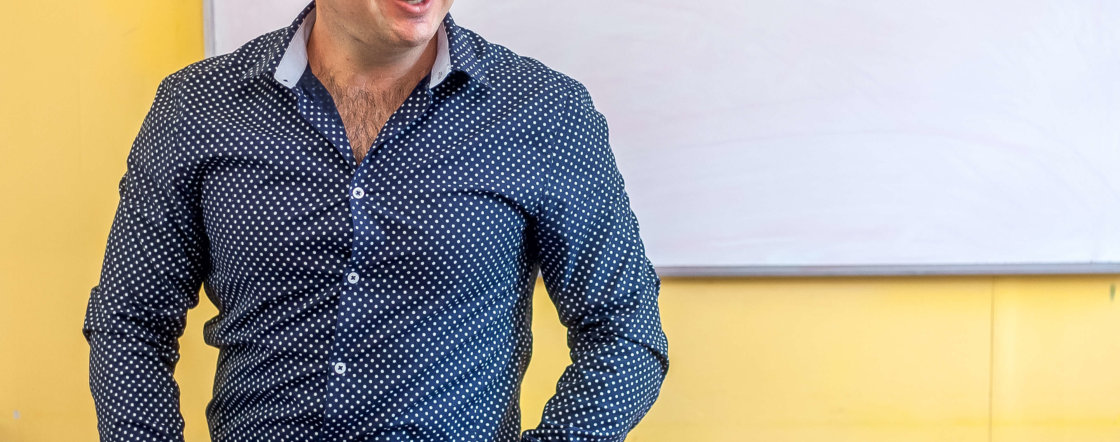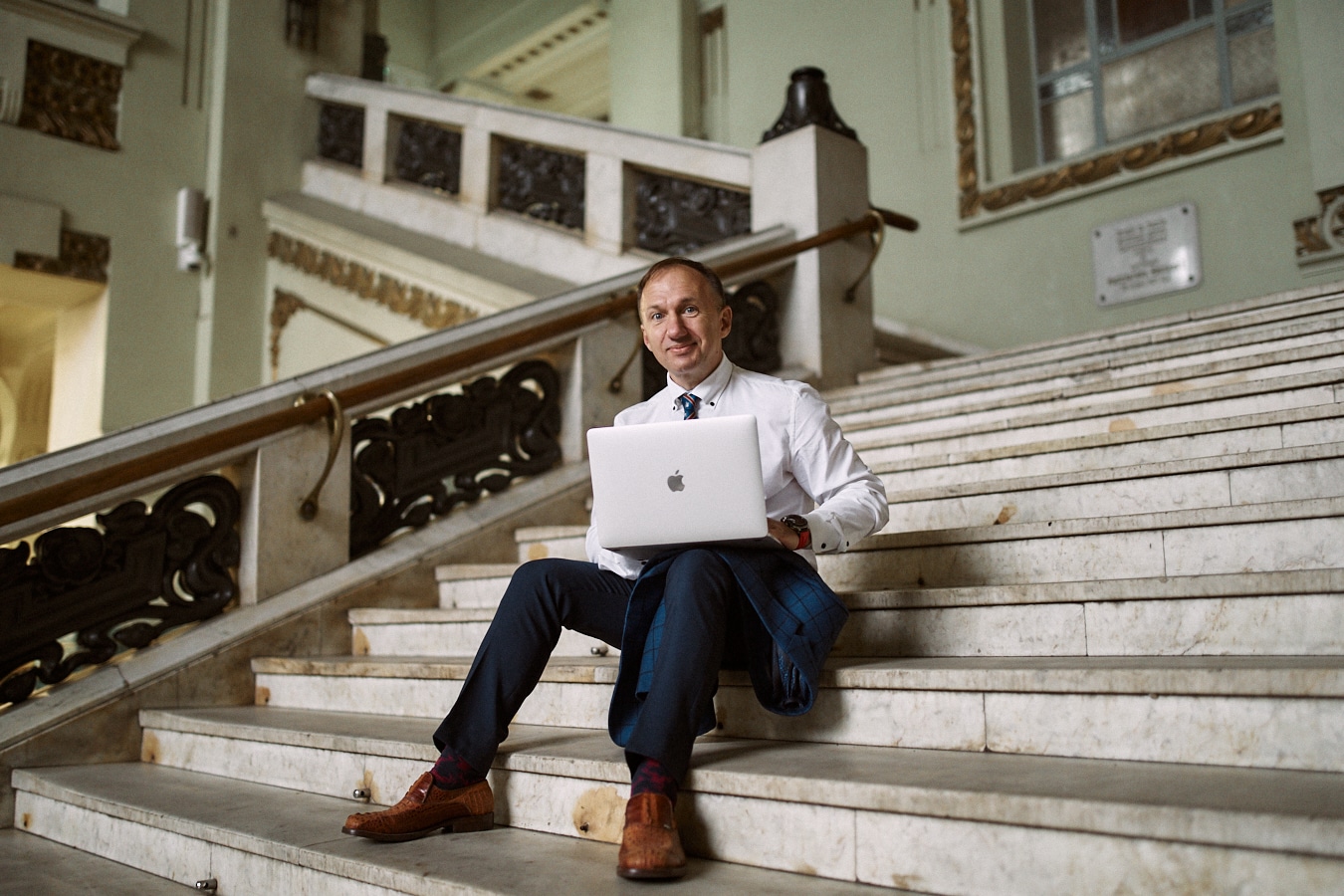
Stanislav Chernyshov
I’ve always loved learning, but I didn’t like my school. It was a Soviet school with all its formal discipline obsession, hypocrisy and authoritarian attitude. By contrast, I’ve often been very lucky with my teachers elsewhere: my sports instructors in martial arts, my music teachers in Jazz school, and of course my professors at St. Petersburg State University.
All that laid the foundation for my reflections on how different teaching can be and how it can inspire learning or turn into its opposite and kill natural human curiosity. I have seen that today, with over 20 years of teaching experience 20-40 in-class hours a week, I believe that what makes a good teacher is a very special synthesis of skills and personality, a good language teacher can be an excellent teacher of molecular biology, as well as a good math teacher can successfully teach history, just having spent enough time to master the subject.
I have seen skilful researchers failing to establish rapport with their students and convey even the most interesting matter in a more or less student-friendly and attractive way. I have also witnessed passionate and charismatic teachers who, due to lack of a good system, failed to achieve good results with their class despite students’ involvement and a vivid atmosphere. I see the key to success in combining deep personal involvement and presentation skills, broad knowledge of the subject and elaborated techniques, personalized and provocative approach that makes students think and talk in real discussions beyond mechanic usage of words and phrases from a textbook. When I hear students continue discussing after the lesson the topics they have just had in their class I regard it as a sign of success. Students in a language class should talk about the things they are likely to discuss with their friends in their mother tongue.
Ivan Tugrenev wrote that «one talks of many things with enthusiasm, but with appetite one talks only of oneself”, so I’ve always believed in personalized approached and relying on student’s interests and goals. Another crucial thing to remember while building a language course is keeping it up-to-date and close to real communication. I remember at my Soviet school I learned by heart some long texts on the history of Komsomol, but so far I haven’t met anybody willing to listen to them.
It’s important to rely on students’ emotions in the process of learning: in our life we remember moments connected with emotions, and hence students will remember the language material from emotionally charged lessons.
I don’t believe in one-size-fits-all methods, I think a successful course, even though based on general modern approach to instruction, must be language-specific in a sense. For example, learning to write in Russian and Chinese are absolutely different. A good Russian course, no matter how communicative, must be based on mastering grammar and built on a thoroughly planned and efficient grammar pattern, which allows for mastering the system in a short time, with fewer efforts and in connection with communication needs.
Many teachers have metaphor that describes how they see what they do in their class. In my teachers’ training workshops I sometimes ask participants about their metaphors, and always get some curious answers. Mine is the following: I’m an instructor helping students on their way across the mountains and teaching them the skills they need to continue their own way.
I’ve been fascinated with education since I went to University in 1987, and I still say teaching and learning are the things really worth spending your life on.

